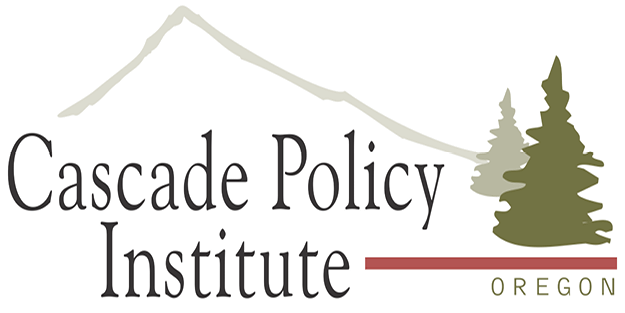By Kathryn Hickok
Groundbreaking, school choice legislation called the Educational Choice for Children Act (ECCA) was included in the budget reconciliation bill passed by the U.S. House of Representatives on May 22. ECCA would establish a dollar-for-dollar federal tax credit for individual taxpayers who make voluntary donations to nonprofit, scholarship-granting organizations (SGOs). SGOs offer school choice to K-12 students through scholarships for tuition and other education expenses, including educational therapies for students with disabilities.
ECCA doesn’t create a new federal “program” or involve the U.S. Department of Education. Rather, taxpayers who donate voluntarily to nonprofit SGOs would receive tax credits offsetting those donations (up to a limit) when they filed their federal income taxes.
The House version of ECCA limits the total tax credits that may be received by taxpayers nationwide to $5 billion per year, and the law would sunset after 2029. When ECCA is considered by the U.S. Senate this summer, it should be strengthened in important ways:
- The House version included a provision that participating private schools must accommodate students with special education needs. This unfunded mandate would significantly limit the schools and education providers able to serve scholarship students. The Senate should remove this requirement.
- The law’s timeframe should be increased from five to ten years. This would help provide stability for scholarship students and a longer “runway” for the nonprofits that must raise money from donors.
- It is vital that the Senate retain strong protections for private school autonomy and religious liberty. Schools serving scholarship students must be assured they can remain true to their mission, character, and academic standards. Effective school choice laws respect the independence and diversity of education providers.
The Educational Choice for Children Act has the potential to empower individuals to expand school choice through voluntary giving. When parents can choose schools that are best for their children, students are more likely to have their individual learning needs met. ECCA could potentially help more than a million students across the country to have access to an effective, meaningful, and empowering education through private scholarships.
Kathryn Hickok is Executive Vice President at Cascade Policy Institute, Oregon’s free market public policy research organization, and Director of Cascade’s Children’s Scholarship Fund-Oregon program.
Did you like this article? Contribute to Oregon’s premier public policy research organization online at CascadePolicy.org. Donations to Cascade Policy Institute are tax-deductible to the extent of the law.
The post Educational Choice for Children Act would expand private scholarships for American kids first appeared on Oregon Catalyst.
Click this link for the original source of this article.
Author: Cascade Policy Institute
This content is courtesy of, and owned and copyrighted by, https://oregoncatalyst.com and its author. This content is made available by use of the public RSS feed offered by the host site and is used for educational purposes only. If you are the author or represent the host site and would like this content removed now and in the future, please contact USSANews.com using the email address in the Contact page found in the website menu.








